Meet Eric Mayberry
When Eric Mayberry graduated from high school, he had a decision to make. Go to college and get a job behind a desk, or return to the farm. Following his heart, Mayberry went straight to work on the family farm, and he never looked back.
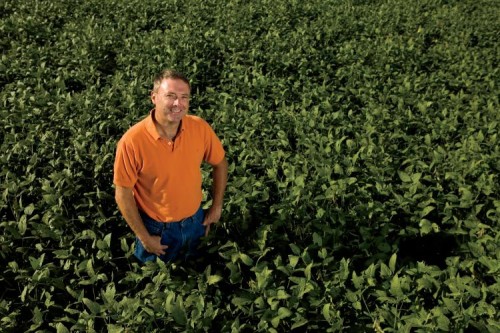
“My first love was always farming – being close to the land, being your own boss, not having the daily grind with someone else looking over your shoulder,” Mayberry says. “That’s a big plus, just staying close to farm and family. Raising my kids in the rural area on the farm was a huge factor in my decision to stay.”
Mayberry and his father are partners in a family farm in Humphreys County, where he and his wife, three kids and parents all live. They raise corn, soybeans, wheat and cattle.
Q: Does a love of farming run in your family?
A: The land has been in the family for around 60 years now. Both my parents’ moms and dads and all of their ancestors were all farmers as far back as we can think.
My children also have an interest in agriculture. My son looks like he’s going to be a farmer one of these days, and my daughters were in FFA and 4-H. One of the concerns we have is whether there’s going to be room for one or more of them to come back to the farm. That’s an issue, at least in our county, to get enough land and income to support that many families.
Q: Why do you raise cattle on your land?
A: The land we have is very suited for cattle – a lot of hillside ground that isn’t conducive for row crops [corn, soybeans and wheat]. A lot of people think that we’re wasting grain and resources on beef production in this country, when the truth is there’s just a tremendous amount of land that’s only suited for cattle and sheep grazing. We can get a tremendous amount of food products, protein – some pretty good, healthy stuff – off the land that’s really most suited for animals. I think people have a perception that livestock is all cooped up in a building, and we raise corn and haul it to them, but that’s just not the case.
Q: How you care for your animals?
A: It’s just natural for me; it’s a part of who I am to care of my animals. But to relate that to the general public, who have one cat or dog, and here I have 200 big ol’ cows out here in the pasture – they may not be able to understand that. The point I struggle to make people understand is that the better that animal is cared for and the happier it is, the better it is going to be not only for that animal but also for me and my pocketbook. That animal’s welfare and well-being has a direct effect on how it provides for my family’s well-being. It’s hard for me to relate to people who think we can abuse animals and come out ahead.
Q: Many people don’t realize the constant struggle you face with weather, input costs and other issues. How do you stay positive?
A: It’s something every year, so after you’ve been in it a while you realize it’s just part of the job. Nothing is ever going to go perfectly; it’s just the nature of the business. Farmers are accused of being eternal optimists, and I guess that’s probably true because if you were a natural pessimist, when that hiccup comes along, you’d give up pretty quick. Any occupation is going to have its struggles and trials. It’s just the love for the land and what you do that helps you overcome a lot.



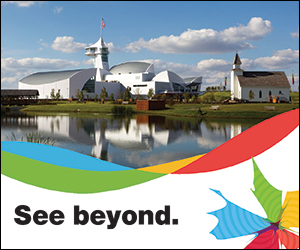
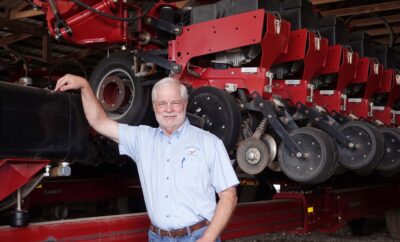
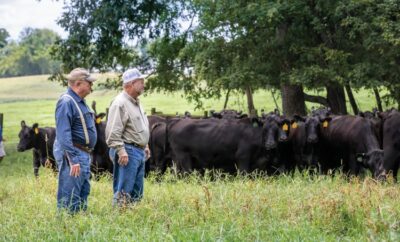
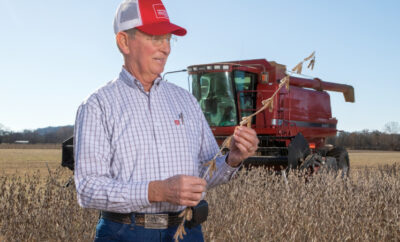
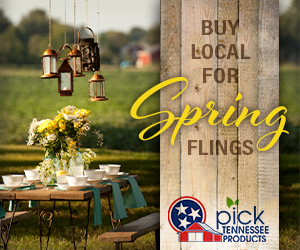






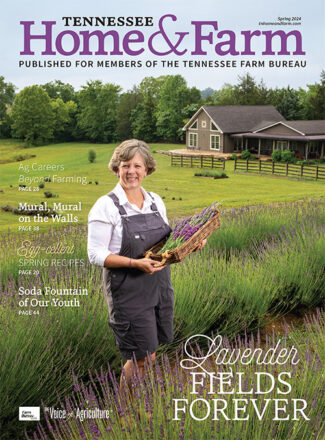
Leave a Comment